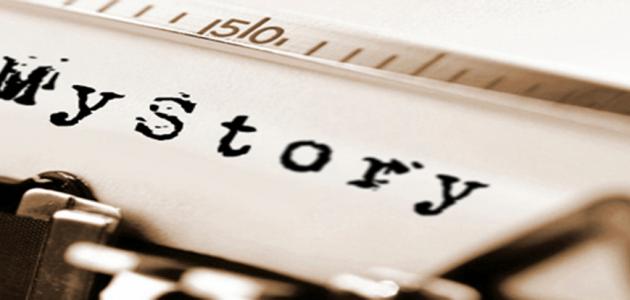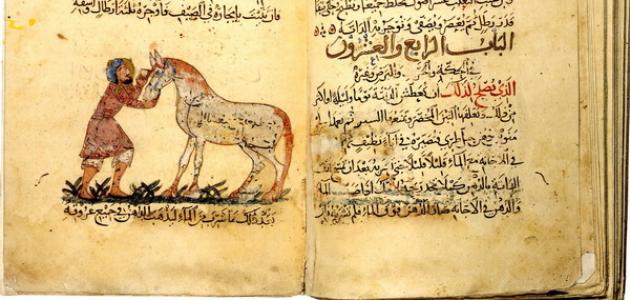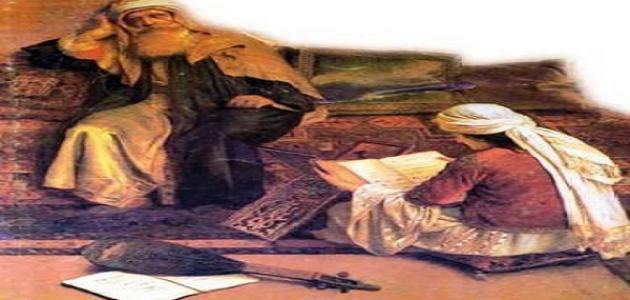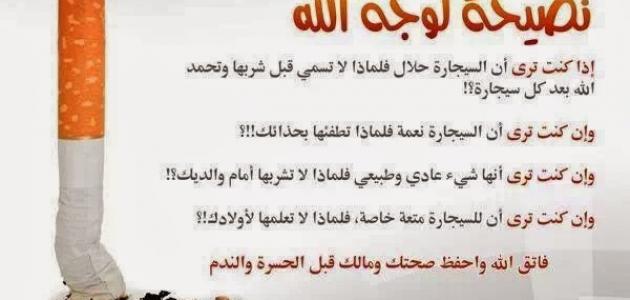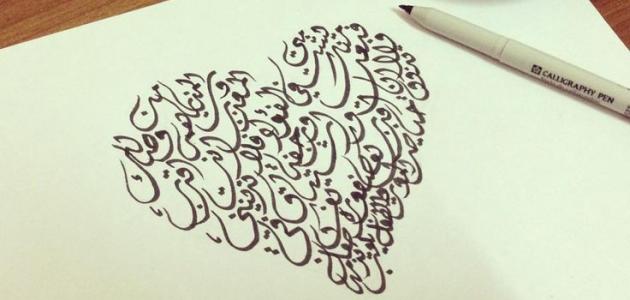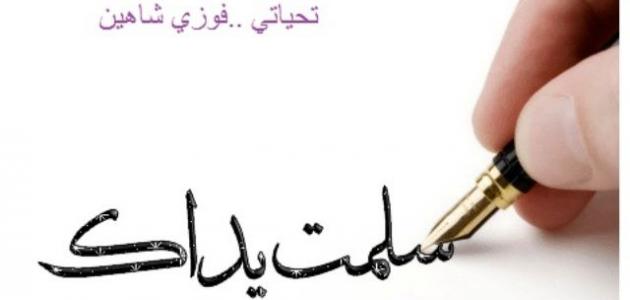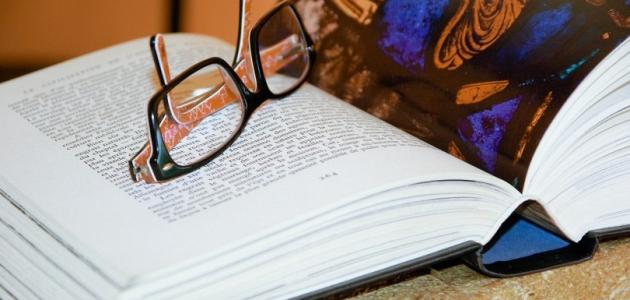Hair
The Arabs have been famous since ancient times for their interest in poetry, and poetry is known as a measured speech, classified into several types according to the purpose for which it was found. Among these types are vertical poetry, lyrical poetry, and Nabataean poetry. As for the aspect of origin, there are types, including Andalusian poetry, Iraqi folk poetry, and others.
lyric
It is the same sentimental poetry, and it is the poetry that was found for purposes related to pure feelings and emotions, and what a person feels of joy, sadness, love, hate, and others.
It is also poetry that is organized to be sung with a specific musical instrument, and this type of poetry contributed to the explosion of artistic energies and their exploitation in specific topics and purposes such as description, enthusiasm, praise, lamentation, satire, pride, wisdom, etc., and the topics of lyrical poetry in the past focused on the volatile topics in human life, and development Al-Hadari contributes to transforming the path of lyrical poetry to sing of the nation’s conscience, mentioning its national impact, and this type of poetry also sings of the prosperity and progress that nations have witnessed.
Types of lyric poetry
- Hymn: Glorification, thanksgiving, and praise are considered the desired purpose of this type of lyrical poetry. The majority of these hymns glorified God Almighty, while a minority of them were chanting about a country or a specific national hero, and the hymns often focused on religious matters.
- Elegy: These are poems of lamentation, mentioning the virtues of the dead, and mourning for him, and they are linked to the description of a dear dead person. Elegy is considered one of the independent poetic purposes.
- pastoral.
features of lyric poetry
- It is not limited to the material side, but rather focuses on the emotional and emotional side as well.
- Influenced by the power of Arabic poetry.
- An effective influencer in transforming the purposes and topics of sentimental poetry.
- The Arabs bequeathed a huge number of types of lyrical poetry of vitality and beauty under the name of Diwan al-Arab.
- Focusing his topics on human feelings and their fluctuations.
- Transformation and evolution from frank and obscene flirtation to virginal flirtation and poetry with an idea and meaning.
stages of lyric poetry
- Pre-Islamic era: Lyrical poetry in the pre-Islamic era reached its peak of prosperity and peaks. The pre-Islamic era is considered the golden age for this type of Arabic poetry. , as he was preparing a thousand soldiers from the tribe in the battles, and the lyrical poetry left a great artistic impact on the hearts of his listeners, and among the most prominent poets of lyrical poetry in the pre-Islamic period: Uday bin Rabia Al-Taghlibi, Al-Khansa bint Amr, and Qass bin Saada.
- The Islamic Era: With the advent of Islam to the Arabian Peninsula, lyrical poetry declined, and the greatest focus and attention was on the art of rhetoric, which is a type of literature that was able to influence the souls of the recipients and stimulate their emotions. The art of rhetoric, and among the most prominent poets of lyrical poetry in the Islamic era, the poet Hattan bin Al-Mu’ali, and Mutamim bin Nuweira.
- The Umayyad era: Lyrical poetry was able to preserve its value until the Umayyad era, and poets became interested in it, especially after some tribes shed the blood of some poets after composing ghazal poems. Asr is beautiful Buthaina.
- The modern era: A wave of changes occurred in lyrical poetry, and among these changes what was slight was limited to its colors and types, but that did not diminish its value and sophistication, and it maintained its steadfastness in this era as well. Among the most prominent poets of the modern era in lyrical poetry is Abu al-Qasim al-Shabi. And Al-Akhtal Al-Saghir, Badr Shaker Al-Sayyab, Ahmed Shawky, and Elia Abu Madi.


